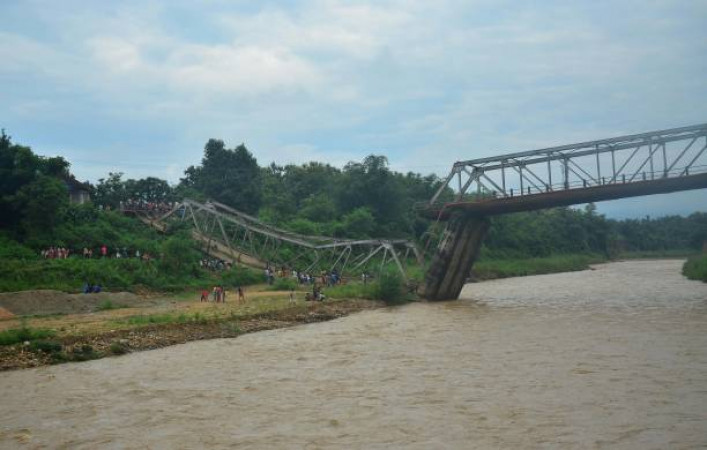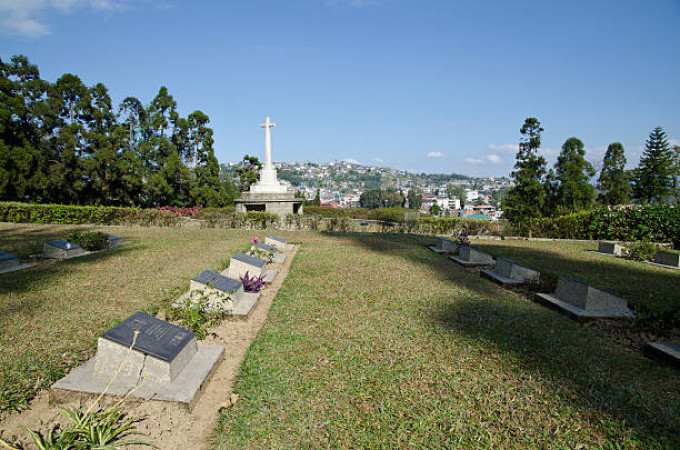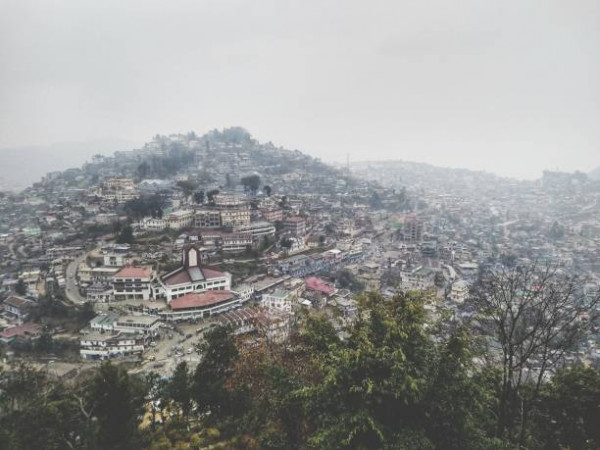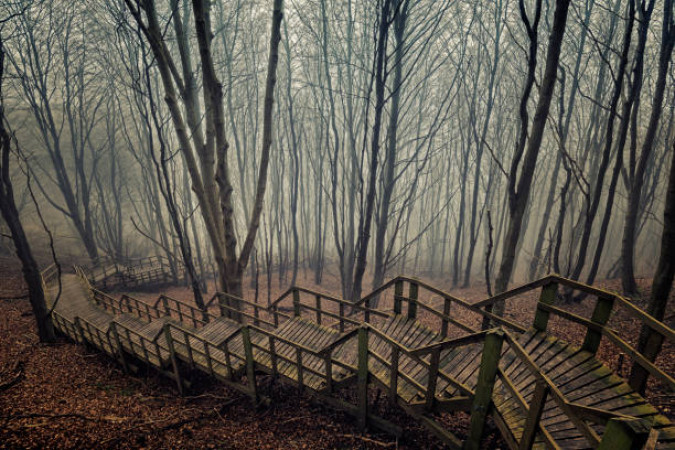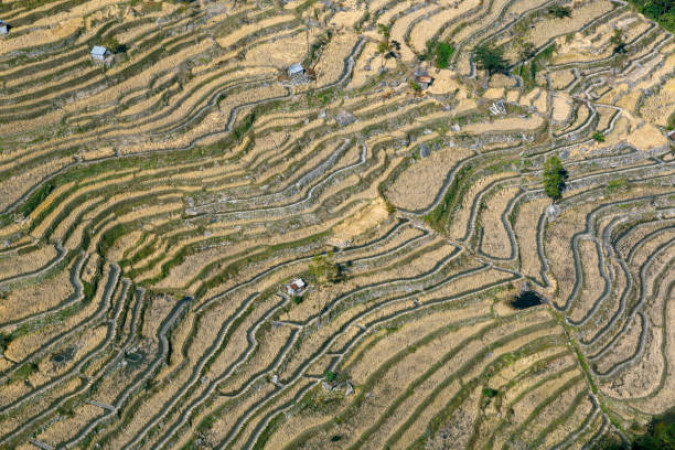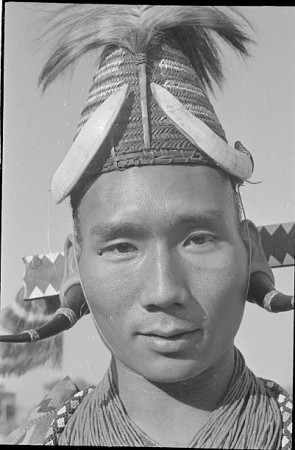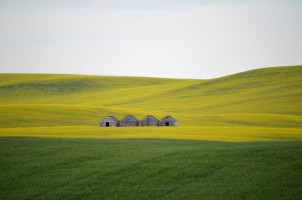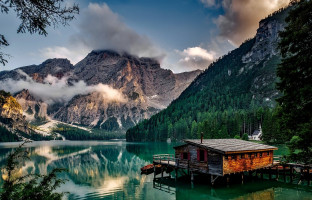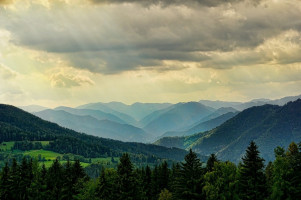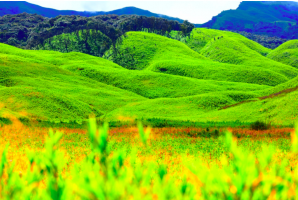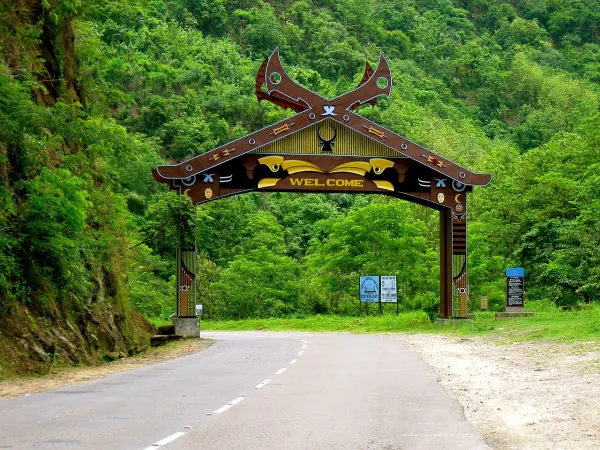
Nagaland
Duration
5 to 7 Days
5 to 7 Days
Best time to visit
Oct-Dec
Oct-Dec
Theme
Hill Station, Adventure, Wildlife
Hill Station, Adventure, Wildlife
Nagaland Travel Guide
Nagaland, located in northeastern India, is a state known for its vibrant tribal culture, breathtaking landscapes, and rich history. The state is home to diverse indigenous tribes, each with their unique traditions and festivals. Nagaland is famous for its Hornbill Festival, which showcases the colorful culture of the Naga tribes. The state's lush green hills, cascading waterfalls, and picturesque villages make it a paradise for nature lovers and adventure enthusiasts.Top Attractions in Nagaland
- Khonoma Village
- Dzukou Valley
- Naga Heritage Village
- Tuophema Village
- Japfu Peak
Nagaland is Famous for
Nagaland is most famous for its vibrant tribal culture and the annual Hornbill Festival that celebrates the indigenous heritage of the Naga tribes.Top Attractions in Nagaland
- Explore the unique tribal villages
- Trekking in the picturesque Dzukou Valley
- Experience the traditional Naga cuisine
- Attend the colorful Hornbill Festival
- Visit the WWII Cemetery in Kohima
What's Great about Travelling to Nagaland?
- Experience the vibrant tribal culture
- Explore stunning natural landscapes
- Attend unique festivals and events
- Interact with friendly locals
What's Not So Great about Travelling to Nagaland?
- Limited transportation infrastructure
- Remote locations may be challenging to access
- Language barriers with some tribes
- Restricted areas for tourists
Travel Tips for Nagaland
- Obtain Inner Line Permit for entry
- Respect local customs and traditions
- Prepare for hilly terrain and variable weather
- Try local delicacies but be cautious of spice levels
Important Nagaland trip information
- Ideal Duration: 7-10 days for a comprehensive trip
- Best Time to Visit: October to May for pleasant weather
- Nearby Airports and Railway Stations: Dimapur Airport and Dimapur Railway Station
Top 7 Places to visit in Nagaland
Per Person
18,000
*EXCLUDING APPLICABLE TAXES 5.0 Ratings
( 157 Reviews )
( 157 Reviews )
Per Person
13,700
*EXCLUDING APPLICABLE TAXES 5.0 Ratings
( 157 Reviews )
( 157 Reviews )
Per Person
26,000
*EXCLUDING APPLICABLE TAXES 5.0 Ratings
( 157 Reviews )
( 157 Reviews )
Per Person
17,200
*EXCLUDING APPLICABLE TAXES 5.0 Ratings
( 157 Reviews )
( 157 Reviews )
Per Person
28,000
*EXCLUDING APPLICABLE TAXES 5.0 Ratings
( 157 Reviews )
( 157 Reviews )
Per Person
27,999
*EXCLUDING APPLICABLE TAXES FAQ's on Nagaland
Q1: What is the best time to visit Nagaland?
The best time to visit Nagaland is from October to May when the weather is pleasant and conducive for exploring the region. This period also coincides with various festivals like the Hornbill Festival in December, offering a unique cultural experience. Monsoon season from June to September should be avoided due to heavy rainfall and landslides that can disrupt travel plans.
Q2: Do I need a visa to travel to Nagaland?
Foreign tourists visiting Nagaland will need an Inner Line Permit (ILP) to enter the state. This permit can be obtained online or through designated authorities. Indian citizens do not require a visa but need an ILP for entry. It's advisable to check the latest requirements before planning your trip.
Q3: What are the must-visit attractions in Nagaland?
Nagaland is known for its vibrant tribal culture and stunning landscapes. Must-visit attractions include the picturesque Dzukou Valley, the historical village of Khonoma, the Naga Heritage Village in Kisama, and the Kohima War Cemetery. Explore local markets for traditional handicrafts, taste authentic Naga cuisine, and witness tribal dances during festivals for a complete Nagaland experience.
Q4: Is Nagaland a safe place to travel?
Nagaland is generally safe for tourists, but it's essential to respect local customs and traditions. Avoid traveling to remote areas without a guide and stay informed about any regional tensions. Petty crimes like pickpocketing can occur in crowded places, so it's advisable to keep your belongings secure.
Q5: What is the local currency in Nagaland and can I use credit cards?
The local currency in Nagaland is the Indian Rupee (INR). While ATMs are available in major towns like Kohima and Dimapur, it's advisable to carry sufficient cash, especially in rural areas where card payments may not be accepted. Credit cards are accepted in some hotels and larger establishments.
Q6: What is the local cuisine like in Nagaland?
Naga cuisine is known for its flavorful dishes with a focus on meat, bamboo shoots, and locally grown herbs. Must-try dishes include smoked pork with bamboo shoots, axone (fermented soybean), and various chutneys made from king chili. Vegetarian options are also available, and adventurous eaters can try dishes like snails and frogs.
Q7: What transportation options are available in Nagaland?
Transportation in Nagaland mainly consists of buses, shared taxis, and private cabs. Public buses connect major towns, while shared taxis are a common mode of transport for shorter distances. Renting a car with a driver is recommended for exploring remote areas. It's essential to plan your travel in advance as road conditions can be challenging in some regions.
Q8: Are there any cultural norms or etiquette I should be aware of when visiting Nagaland?
When visiting Nagaland, it's important to respect the local customs and traditions of the Naga tribes. Dress modestly, especially when attending cultural events or visiting villages. Seek permission before taking photographs, and avoid touching someone's head as it is considered disrespectful. Participate in local customs with an open mind, and be prepared to experience the warm hospitality of the Naga people.
Q9: I am a travel agent. How can I buy travel leads of Nagaland?
Register yourself as a travel agent at agents.tripclap.com and then you can buy travel leads to Nagaland once your account is approved. For more details contact our support team at +91-8069186564 or support@tripclap.com
